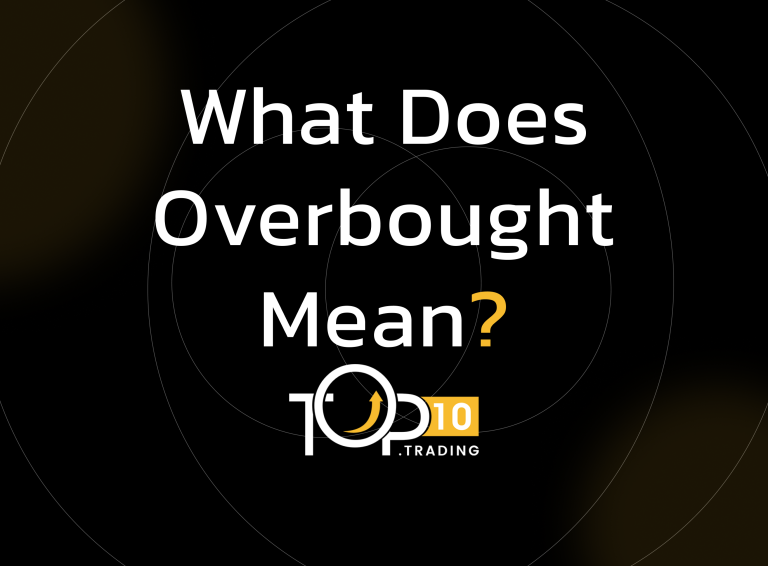Overbought Definition

Overbought refers to a market condition where the price of an asset has risen significantly and rapidly, to a level that may be considered unsustainable. It suggests the asset could be due for a price correction or pullback, though it doesn’t guarantee a reversal.
Key Takeaways
- Overbought describes an asset that may be trading at a price above its intrinsic or fair value.
- It often signals a potential downward correction, but not always immediately.
- Technical indicators like RSI, Stochastic Oscillator, and Bollinger Bands are commonly used to identify overbought conditions.
- Overbought does not mean the asset will definitely fall—price may stay elevated or continue rising.
- It's often used in conjunction with other tools to confirm trend shifts or entry/exit points.
How Overbought Works
An asset becomes “overbought” when its price has increased too far, too fast, possibly due to excessive buying interest, hype, or market momentum. Traders use technical indicators to determine if an asset is overbought:
- Relative Strength Index (RSI): Readings above 70 are commonly considered overbought.
- Stochastic Oscillator: A reading over 80 can indicate overbought territory.
- Bollinger Bands: Price touching or breaching the upper band may suggest overbought conditions.
Overbought is a technical term and doesn’t always reflect fundamental value. In strong trends, assets can remain overbought for extended periods.
Examples of Overbought Conditions
- A stock’s RSI reaches 75 after five consecutive days of gains, signaling possible exhaustion.
- A cryptocurrency surges 20% in a single day, pushing the Stochastic Oscillator above 90.
- A currency pair trades at the top of its Bollinger Bands, hinting at a possible short-term pullback.
Benefits of Identifying Overbought Conditions
- Risk Management: Helps traders spot potentially risky entry points.
- Trade Timing: Assists in timing exits or profit-taking.
- Trend Confirmation: Used alongside other indicators to assess strength or weakness.
- Short-Term Signals: Useful for day traders and swing traders aiming to capitalize on reversals.
Costs and Limitations
- Not Always Accurate: Overbought assets can keep rising in strong uptrends.
- False Signals: Indicators may trigger prematurely, causing missed opportunities.
- Needs Confirmation: Should be combined with volume analysis or price patterns.
- May Lead to Early Exits: Exiting solely on overbought signals can cut profits short.
Who Uses Overbought Indicators?
Technical analysts, day traders, swing traders, and algorithmic systems often rely on overbought readings to identify potential trend exhaustion. It’s a common concept across forex, crypto, stocks, and commodities trading.
